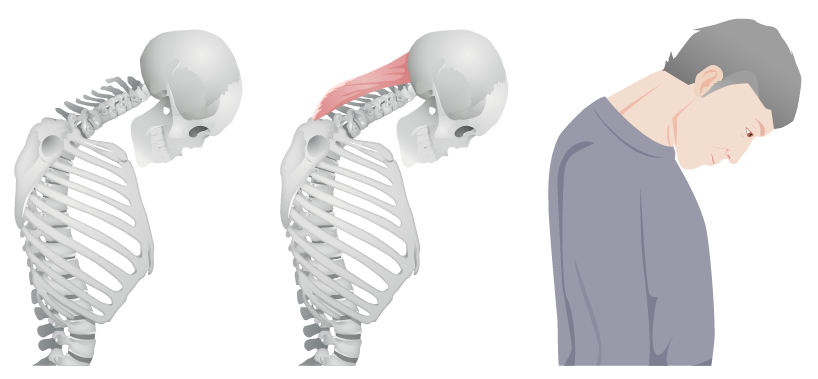Playlist
Show Playlist
Hide Playlist
Clinical Approach to Muscle Disorders
-
Slides Introduction to Myopathy.pdf
-
Download Lecture Overview
00:00 What’s our clinical approach to muscle disorders? Well, there’s some things we expect to be normal and there’s some findings that we expect to be abnormal that will point us in the direction of this problem. Muscle conditions present typically with the chief complaint of weakness, and we see problems with strength on exam. Typically, this is proximal, problems with the proximal legs and proximal arms. Patients have difficulty walking upstairs, arising out of chairs, reaching up to the top cabinet of a kitchen or elsewhere in their home. We don’t see problems with mental status. Cranial nerve or bulbar findings are absent. And we should see normal to slightly reduced reflexes and normal sensation. This is different from a neuromuscular junction disorder. Where we do see weakness but the distribution is weakness that also involves the bulbar findings and bulbar fibers. We see ptosis and diplopia, dysarthria, dysphagia. We may not hear about those on history, but we should interrogate them on exam. And for a patient presenting with proximal weakness, the most important first step in our examination is to look for bulbar findings. For neuromuscular junction disorders, we also see that mental status is normal. Reflexes are typically normal or slightly reduced which is similar to problems arising from the muscle. And sensory findings are not present or are minor for neuromuscular junction conditions. Both of these differ from the nerve and problems arising from the nerve. With peripheral nerve disorders, we can see weakness. It often follows a dermatomal pattern. We typically see reduced reflexes or even areflexia. And this is the first level of the nervous system where we start to see areflexia in most conditions. And importantly the vast majority of nerve problems are sensory motor neuropathies or nerve disorders since we start to see sensory complaints and sensory findings on exam. Again, the mental status and cranial nerve findings are often normal, though there are certain nerve conditions that affect the peripheral nerve and the cranial nerve. So, let’s take a step back and think more about the muscle. What types of muscles the patients have problems with, with muscle disorders and where should we focus our examination and our findings? Well, there are 3 types of muscles in the body. There is skeletal muscle, smooth muscle typically around the blood vessels that’s where we think of the smooth muscle, and cardiac muscle. 02:21 Most myopathic conditions primarily affect the skeletal muscle. There are some inherited disorders that will also affect the cardiac muscle. And it’s very uncommon for us to see smooth muscle problems in patients with muscle disorders but it can be important in certain inherited or genetic conditions. So, let’s look closer at the structure of the muscle. Recall that a muscle body is composed of many different muscle fibers. That’s contained within the epimysium, the fascia layer around the muscle. Muscle fibers are contained within an endomysium, and then we get down to the individual muscle fibers. Recall that the cell membrane around the muscle is called the sarcolemma.
About the Lecture
The lecture Clinical Approach to Muscle Disorders by Roy Strowd, MD is from the course Acquired Neuromuscular Diseases.
Included Quiz Questions
Which of the following is most likely to have abnormal findings in a patient with a neuromuscular junction disorder?
- Cranial nerves
- Reflexes
- Pain sensation
- Mental status
- Touch sensation
Customer reviews
5,0 of 5 stars
| 5 Stars |
|
1 |
| 4 Stars |
|
0 |
| 3 Stars |
|
0 |
| 2 Stars |
|
0 |
| 1 Star |
|
0 |
Very good way to approach Neurological "Weakness" pathology... Highly appreciated...





